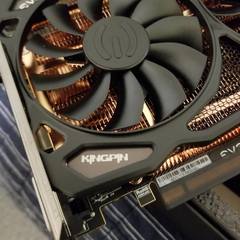Sony Vegas 13 CPU vs GPU Rendering
-
Featured Topics
-
Topics
-
0
-
ammar666 ·
Posted in Troubleshooting0 -
CurtisLee14 ·
Posted in CPUs, Motherboards, and Memory6 -
Sparky862 ·
Posted in Storage Devices2 -
4
-
tinpanalley ·
Posted in Networking0 -
0
-
2
-
DoughmanX_HD ·
Posted in Windows1 -
220VoltsallCore ·
Posted in Operating Systems4
-




.thumb.jpg.ab6821c090888206ddcf98bb04736c47.jpg)















Create an account or sign in to comment
You need to be a member in order to leave a comment
Create an account
Sign up for a new account in our community. It's easy!
Register a new accountSign in
Already have an account? Sign in here.
Sign In Now